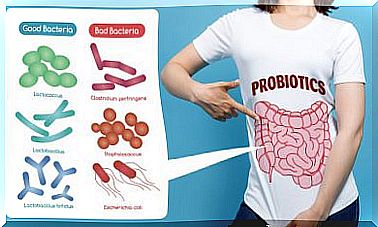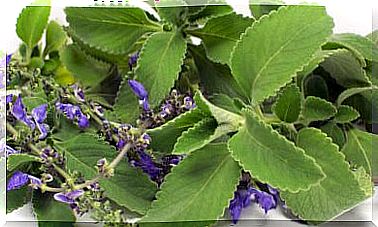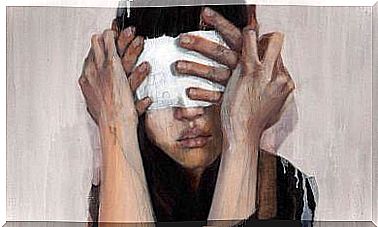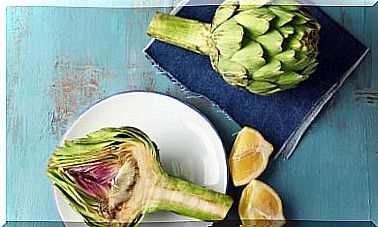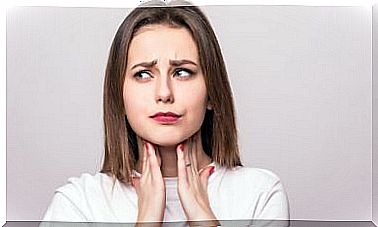Chronic Fatigue And Endometriosis: Is There A Relationship?
The presence of endometrial tissue outside the uterus is a condition that is frequently observed in clinical practice and is estimated to have a prevalence of 1 in 10 women who attend gynecological consultations. In many cases, endometriosis can be associated with chronic fatigue or a frequent feeling of lack of energy.
The characteristic symptom is severe pain during menstruation that spreads to the pelvis, abdomen, or back. It is accompanied by heavy menstrual bleeding that can be disabling and, in some patients, is a cause of infertility.
The good news is that if a proper and timely diagnosis is made, appropriate treatment can be counted on. The approach will allow you to have a less painful menstrual period and that does not prevent you from continuing with daily activities.
What is endometriosis?
Under normal conditions, the endometrium, also known as endometrial tissue, lines the internal cavity of the uterus. Each menstrual cycle causes this tissue to prepare to receive the implantation of the fertilized egg.
In the case of endometriosis, endometrial tissue is found inside and outside the uterus. On the outside it is located in the form of plates, in places where it should not be found. This oddly located endometrium can be anywhere in the abdomen and, for this reason, pain or discomfort is diffuse in location.
What is the relationship between chronic fatigue and endometriosis?
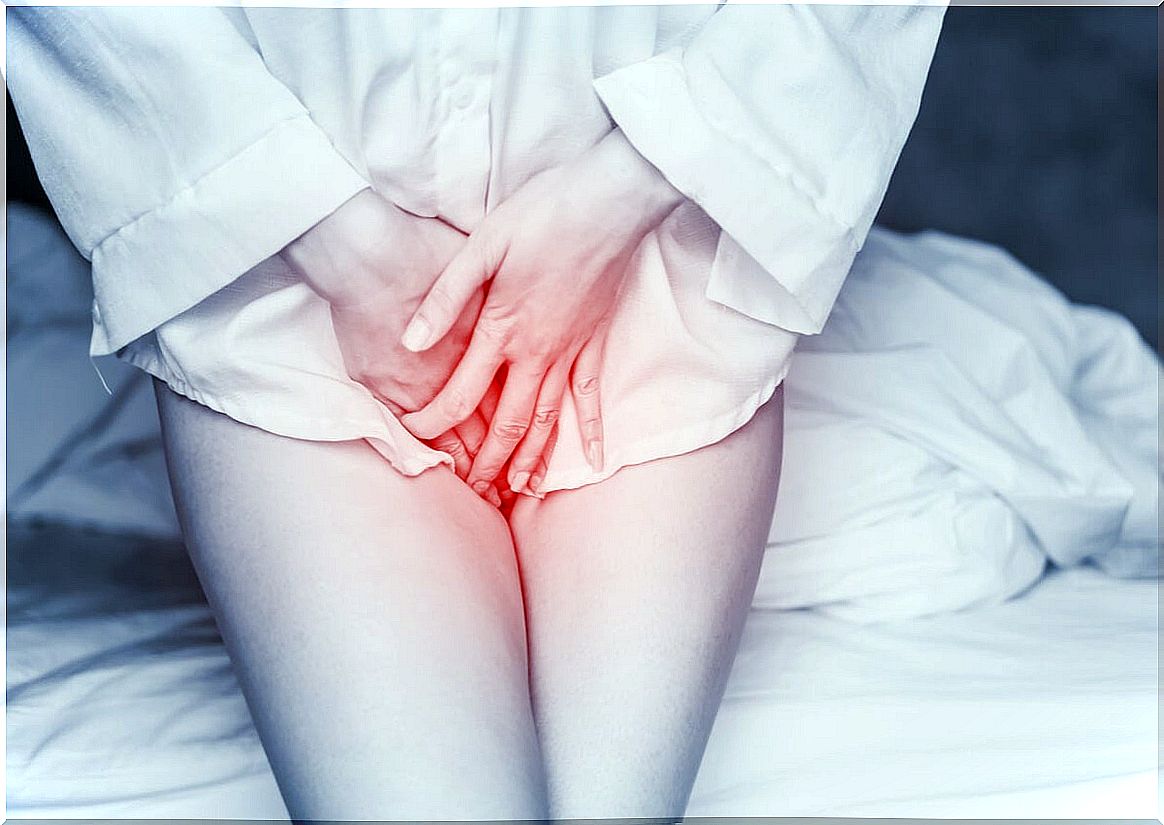
Being a gynecological disorder with significant pain and discomfort, endometriosis can induce chronic fatigue by various mechanisms. Among the most recognized by science are the following:
- Activation of the immune system by a state of permanent inflammation: and In some patients, chemicals released by inflammation of the endometriotic plaques cause anatomical structures to adhere to each other. So the uterus, tubes, ovaries, and bladder behave as a single mass, which can compress nerve endings.
- Alteration of sleep patterns due to discomfort or pain during the night: e Endometrial tissue responds to hormonal action. Endometriotic plaques can bleed and swell every month, like an internal menstruation. However, this blood does not go to the outside, which generates more inflammation.
- Emotional exhaustion from living with the symptoms: Many women live with endometriosis and do not know it because a timely and complete diagnosis was not made. The pain, discomfort, and chronic fatigue can be attributed to another cause. This generates anxiety and worry that, in the long run, leads to depression.
Tips for Coping with Chronic Endometriosis Fatigue
Undoubtedly, the best way to deal with chronic fatigue due to endometriosis is by seeking timely and comprehensive medical care. Treatment will depend on symptoms and a combination of dietary hygiene measures, medications, and even surgery may be required.
Medical treatment
One strategy on the part of the treating physician is to start with anti-inflammatories and observe the response. In the event that discomfort or pain is not adequately controlled, the next step to consider is oral contraceptives. Its effect suppresses the action of hormones on endometrial tissue inside and outside the uterus.
Another option is the use of anti-hormonal agents, since their effect is to reduce the production of hormones as much as possible. Thus, a menopause occurs that is reversible at the end. As expected, management with anti-hormonal agents can cause other discomforts or unwanted effects, so it is not always the best.
A diet to reduce symptoms
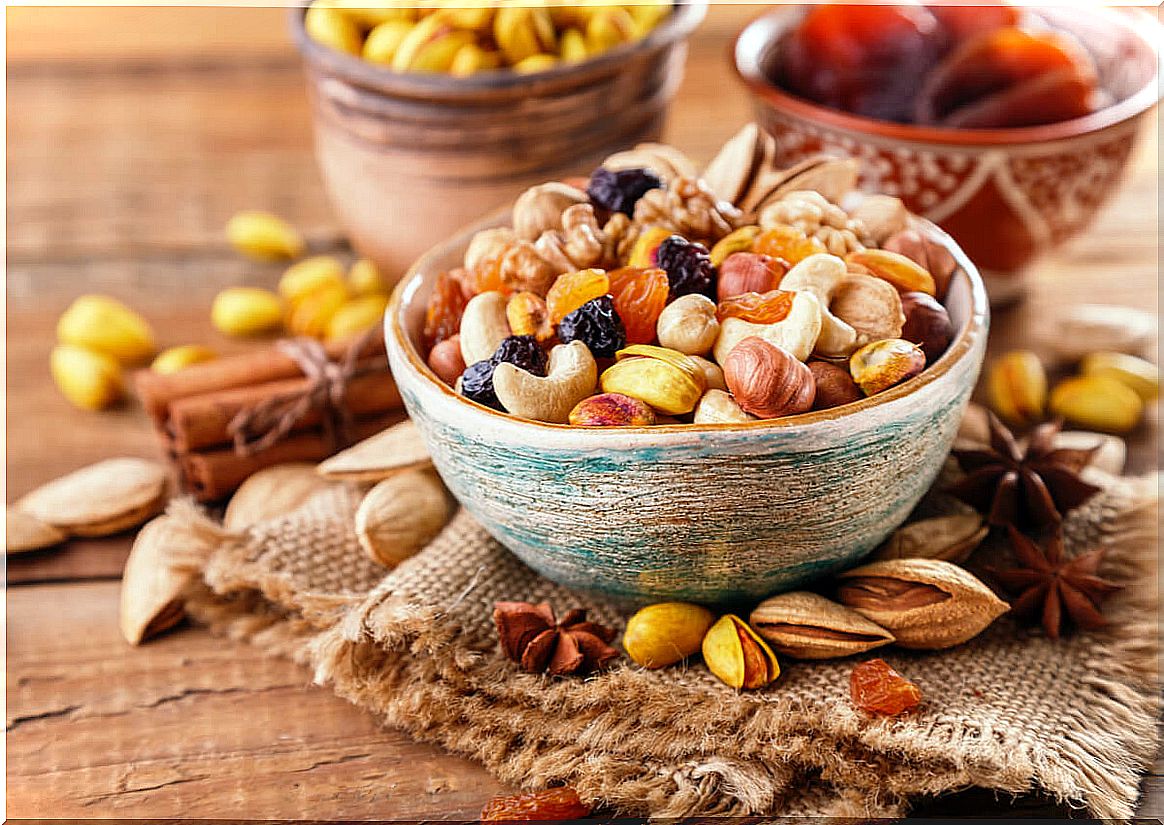
There is much that can be accomplished with other actions that are easy for the patients themselves to do. One of them is food. A diet focused on reducing chronic fatigue caused by endometriosis should be based on the following:
- Reduce your intake of foods that promote prostaglandin production, such as red meat, cold cuts, whole milk products, and refined sugars.
- Limit the consumption of foods with phytoestrogens, isoflavones and flavonoids found in seeds, such as soybeans or dried fruits (walnuts or almonds), vegetables (celery, onion and broccoli) and drinks such as coffee.
- Avoid alcoholic beverages, as they alter the production of female hormones. Also, beer and red wine contain phytoestrogens.
Surgery
Surgical treatment is reserved for patients who have been treated with the above options and whose symptoms have not been resolved. Also when looking for a definitive solution to endometriosis and chronic fatigue.
Seeking normality in endometriosis with chronic fatigue
The cause of endometriosis is not yet known, but we can combat its effects. To fight against chronic fatigue it is possible to seek a physical activity that contributes to improving the body’s energy levels while experiencing a comprehensive solution in conjunction with health professionals.
Positive changes in diet and even proposals for deep breathing, meditation, yoga and relaxation can help control the worst signs of the disease. It is important to achieve a balance that allows the normal development of daily tasks.

